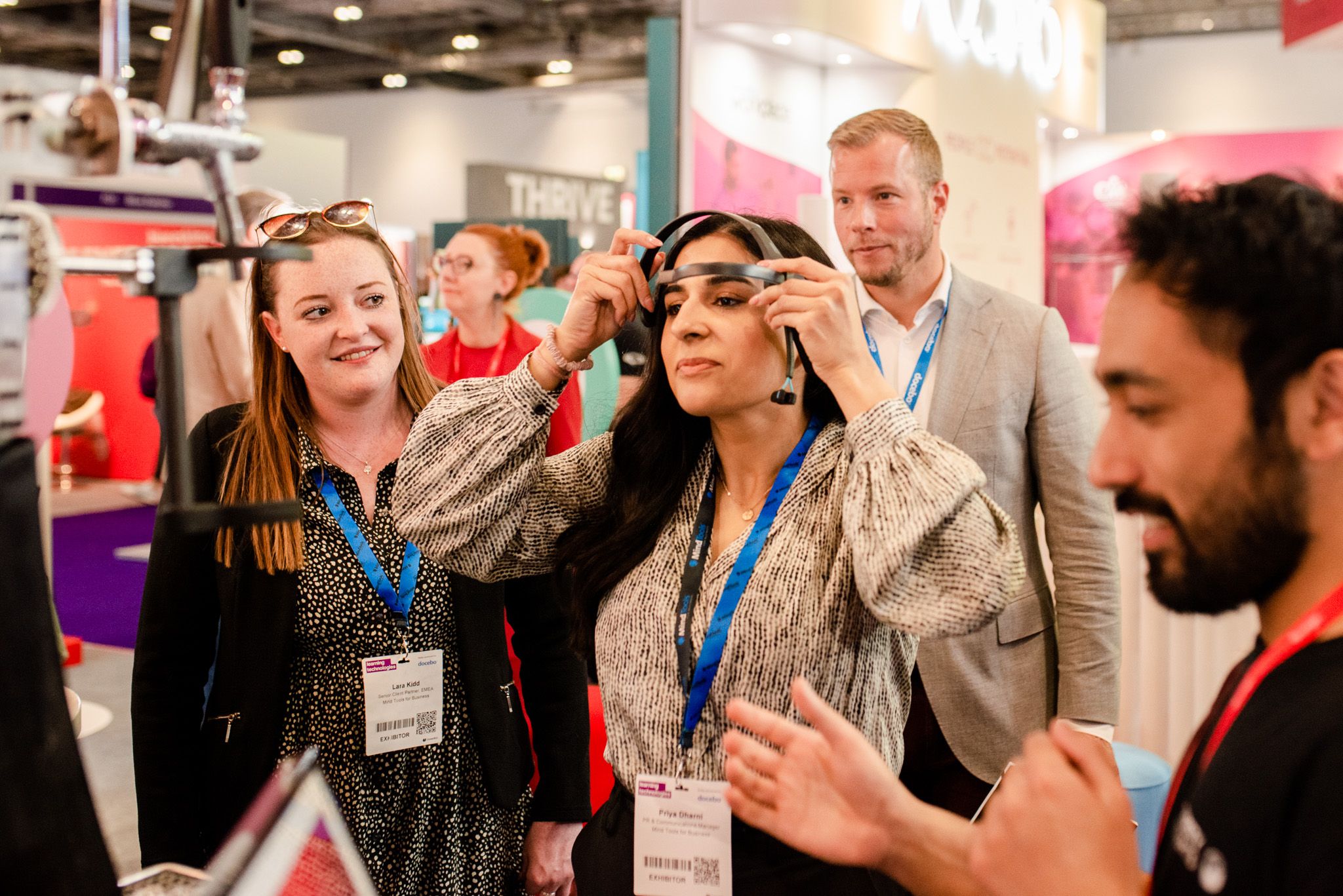Learning Technologies is Europe’s leading event for workplace learning and the technologies that support it. It continues to grow in scale, impact, and attendance each year.
Co-located with HR Technologies UK, the combined events attract 15,000 visitors and offer a unique opportunity to connect with both L&D and HR professionals.
With over 200 free seminars, more than 200 exhibitors, and cutting-edge solutions, plus a world-class L&D conference, it is a must-attend for workplace learning professionals.
Register your interest for 2026





.png)

)
)
)
)
)
)
)
)
)

)
)
)
)
)
)
)
)
)
)
)

)


)

)
)
)



)
)



)
)
)

)

)
)

)
)
)
)
)
)
)
)
)
)
)
)
)
)
)
)
)
)
)
)
)
)
)
)
)
)
)
)
)
)
)
)